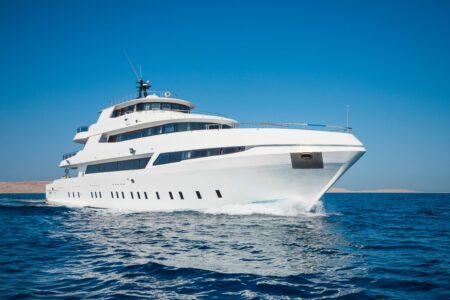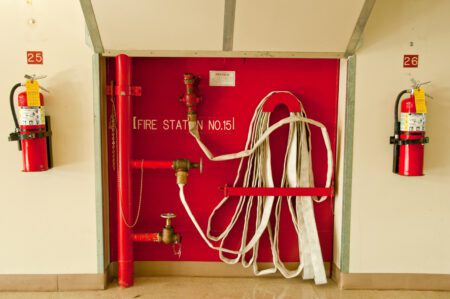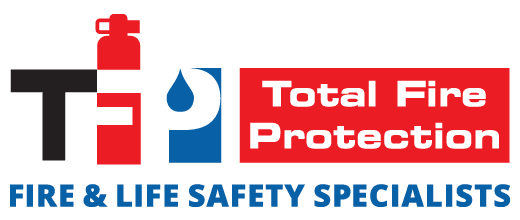 Your boat is a significant investment, and it’s vital that you take the necessary steps to protect this marine vessel as well as the people on it. That’s why it’s imperative to have the correct types of fire extinguishers on your boat. You also want to ensure the amount of fire extinguishers is correct and that all are in proper working order. Here are some details on how to choose the correct fire extinguishers for your marine vessel and keep them in good working order:
Your boat is a significant investment, and it’s vital that you take the necessary steps to protect this marine vessel as well as the people on it. That’s why it’s imperative to have the correct types of fire extinguishers on your boat. You also want to ensure the amount of fire extinguishers is correct and that all are in proper working order. Here are some details on how to choose the correct fire extinguishers for your marine vessel and keep them in good working order:
Fire Extinguisher Classifications
Fire extinguishers have different classifications. The type of fire extinguisher classification relates to the fire type. Class A fires have a fuel source that’s solid combustible, such as paper and wood (use Class A extinguishers). Class B fires consist of a flammable liquid fuel source, such as gasoline (use Class B extinguishers). Class C fires are electrical fires (use Class C extinguishers). Class B fire extinguishers are usually the type of fire extinguisher required on a boat because most fires are gasoline related on marine vessels. The Class B fire extinguisher will have a 5 or 20 before it. The number refers to the square footage that the fire extinguisher will cover.
Fire Extinguisher Type, Size, Quantity per Vessel Size
 When choosing the right type of marine-rated Class B fire extinguisher for your vessel, you must consider the boat’s size and the number of fire extinguishers needed to cover the entire vessel. Here’s a list of the type, size, and quantity of fire extinguishers required based on the size of your boat:
When choosing the right type of marine-rated Class B fire extinguisher for your vessel, you must consider the boat’s size and the number of fire extinguishers needed to cover the entire vessel. Here’s a list of the type, size, and quantity of fire extinguishers required based on the size of your boat:
- Less than 26 feet: One 5-B extinguisher
- 26 feet to less than 40 feet: Two 5-B extinguishers or one 20-B extinguisher
- 40 feet to less than 65 feet: Three 5-B extinguishers, or one 20-B extinguisher and one 5-B extinguisher
- Greater than 65 feet: The number and type of fire extinguishers must meet federal requirements
Fire Extinguisher Upkeep
Having the right type and number of fire extinguishers on your marine vessel is essential. You must also ensure the fire extinguishers are well-maintained and work. That’s why inspections and maintenance of these fire safety products are crucial. You’ll want to have your fire extinguishers tested and inspected regularly to ensure they work well and will be ready to go if and when you need them. Proper maintenance of the fire extinguishers is also essential to keep your extinguisher in good working order and extend the life of it.
On top of fire extinguisher inspections, there are more aspects of Marine Fire & Life Safety, such as AEDs, First Aid Products, Galley Fire Suppression Systems, and more. For additional information on fire extinguisher requirements and other fire and life safety service needs, visit our Marine Industry page, or contact us today! Total Fire Protection’s team of friendly, knowledgeable, and licensed fire safety specialists and technicians will work with you to meet your unique fire and life safety needs. 




